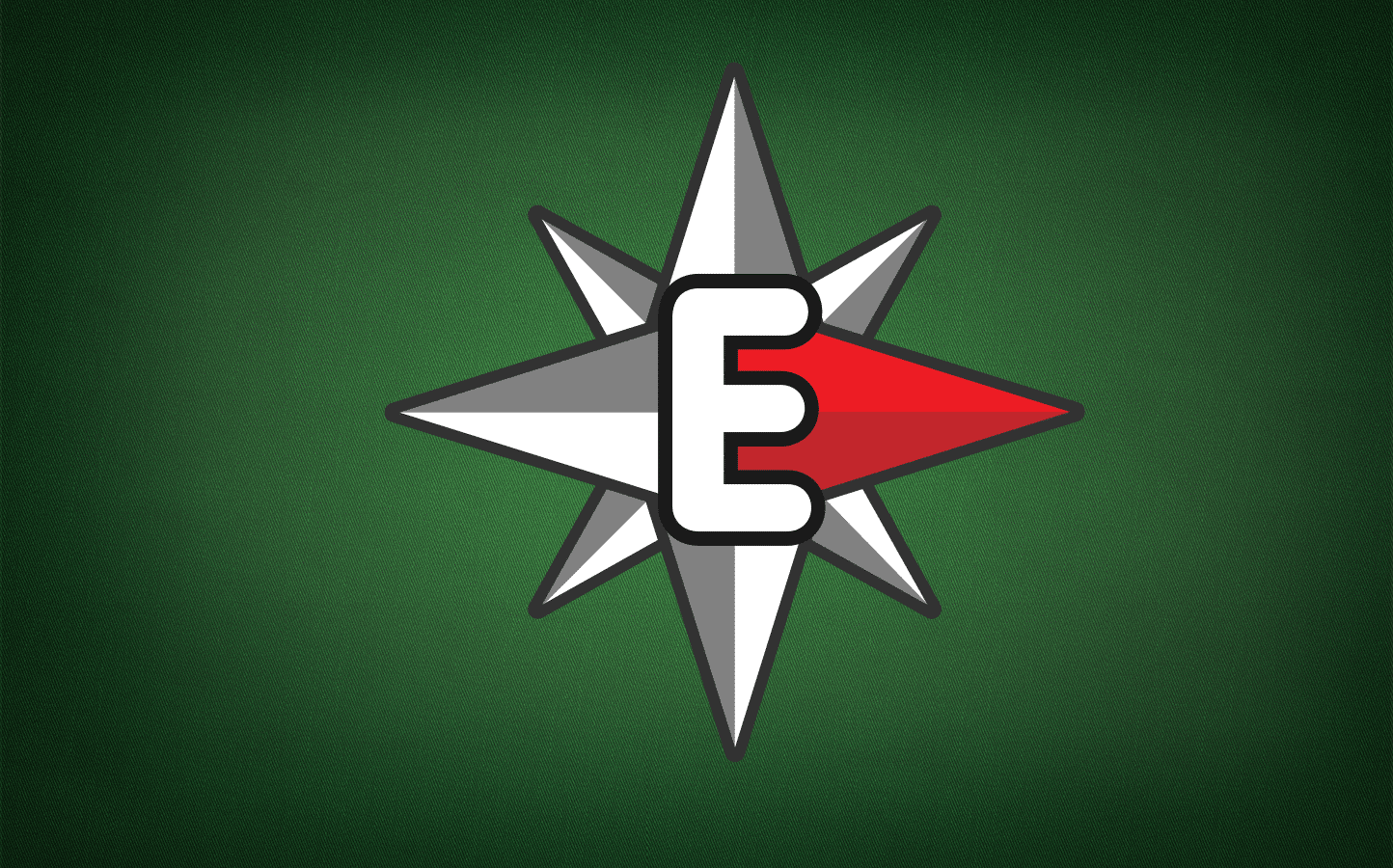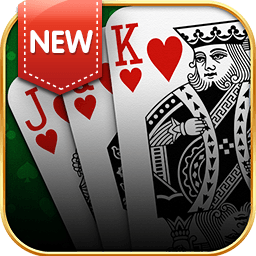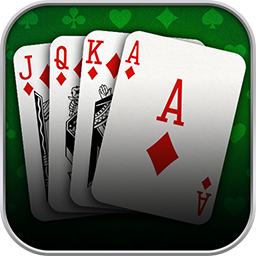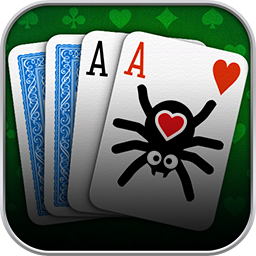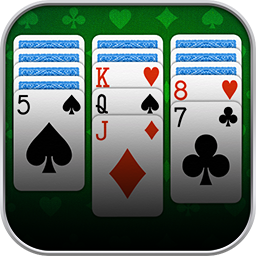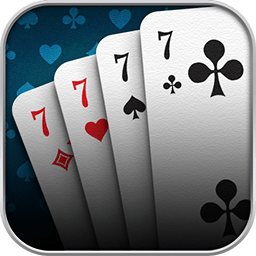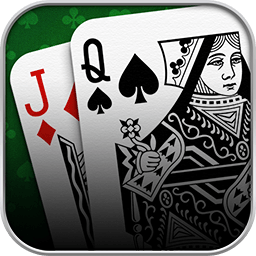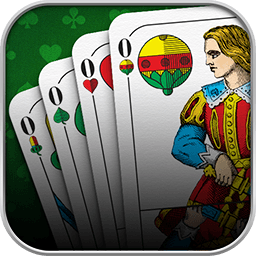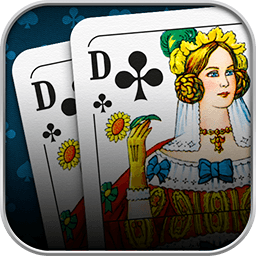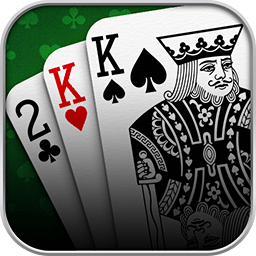If this is your first time hearing about Klondike Solitaire and Easthaven, do not worry. You likely already know at least half of it. And you will be all in the know by the end of this lesson at the latest! After all, when saying Solitaire, many people are actually referring to Klondike Solitaire without being aware of it. Most people got to know Solitaire via Microsoft’s operating system Windows, you see. And that Solitaire game follows the Klondike rules.
At the Solitaire Palace, you can choose to play Easthaven using a custom rule. That is why we shine a light on the differences and similarities of Easthaven and Klondike here in the Solitaire School.
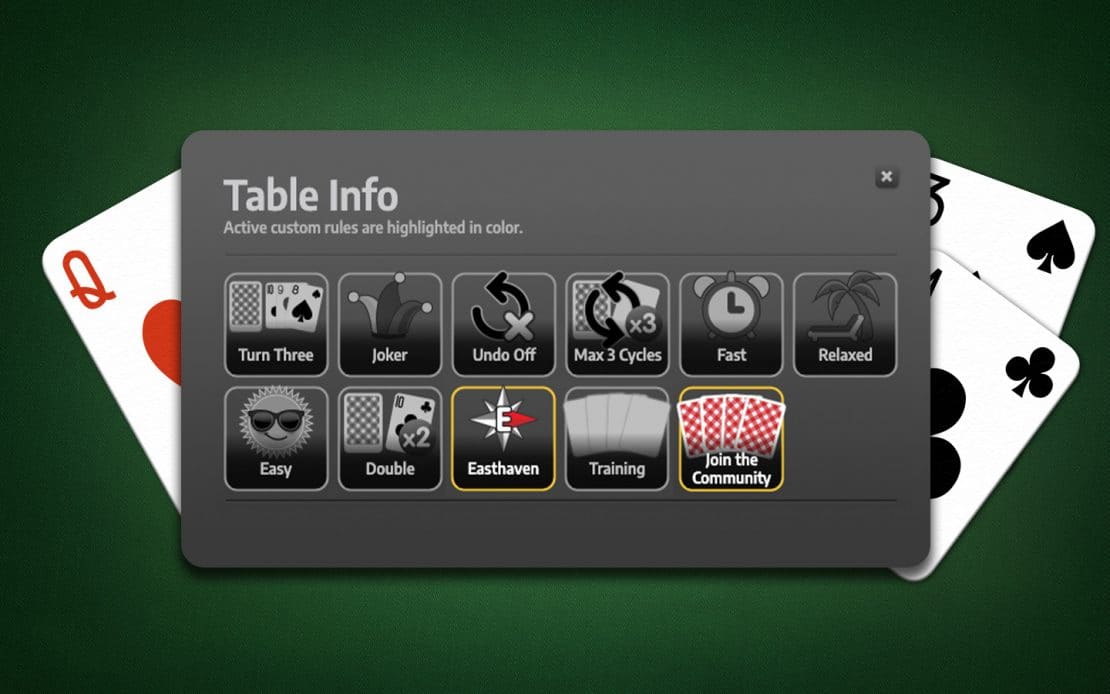
Similarities
Klondike and Easthaven share the play material as well as most rules and mechanics. Both use a deck of 52 cards in four suits. Also, both have seven tableau piles and four foundation piles.
The rules concerning moving cards in the tableau and the foundation remain the same, too.
Differences
Easthaven features a more evenly set-up playing field at the beginning and deviant utilization of the stock. Let us take a closer look.
Setting up the Game
Before the round even starts, multiple differences are obvious. Here, we itemized them.
| Klondike | Easthaven |
|---|---|
| 24 cards in the stock | 31 cards in the stock |
| Stock with waste panel | Stock without waste panel |
28 cards in the tableau
| 21 cards in the tableau
|
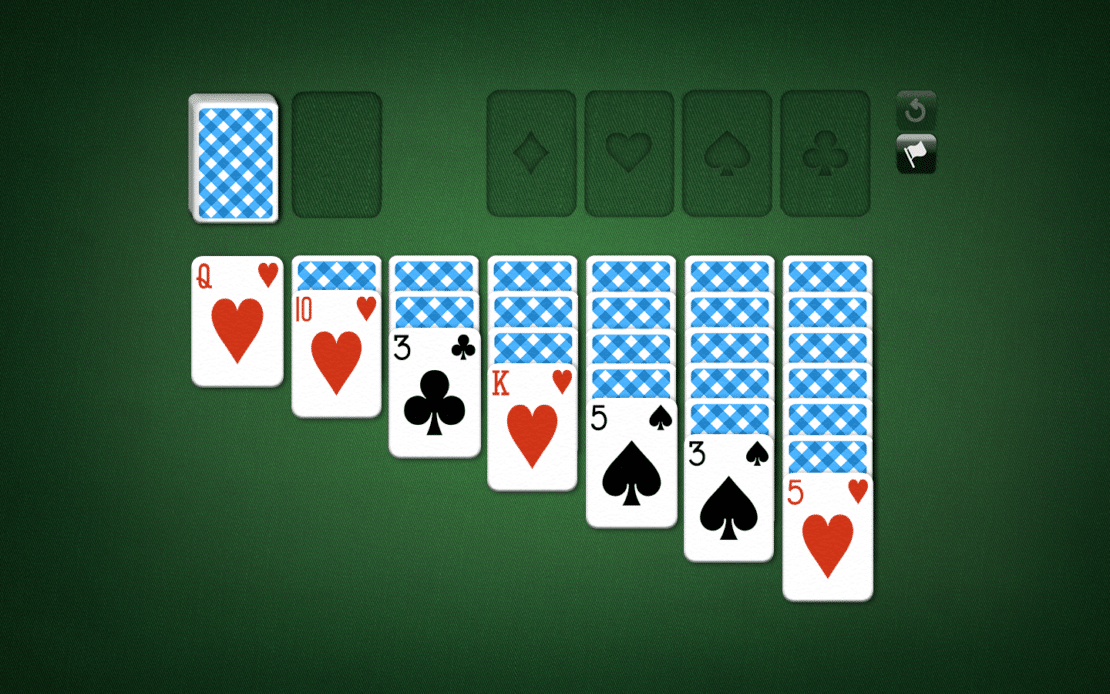
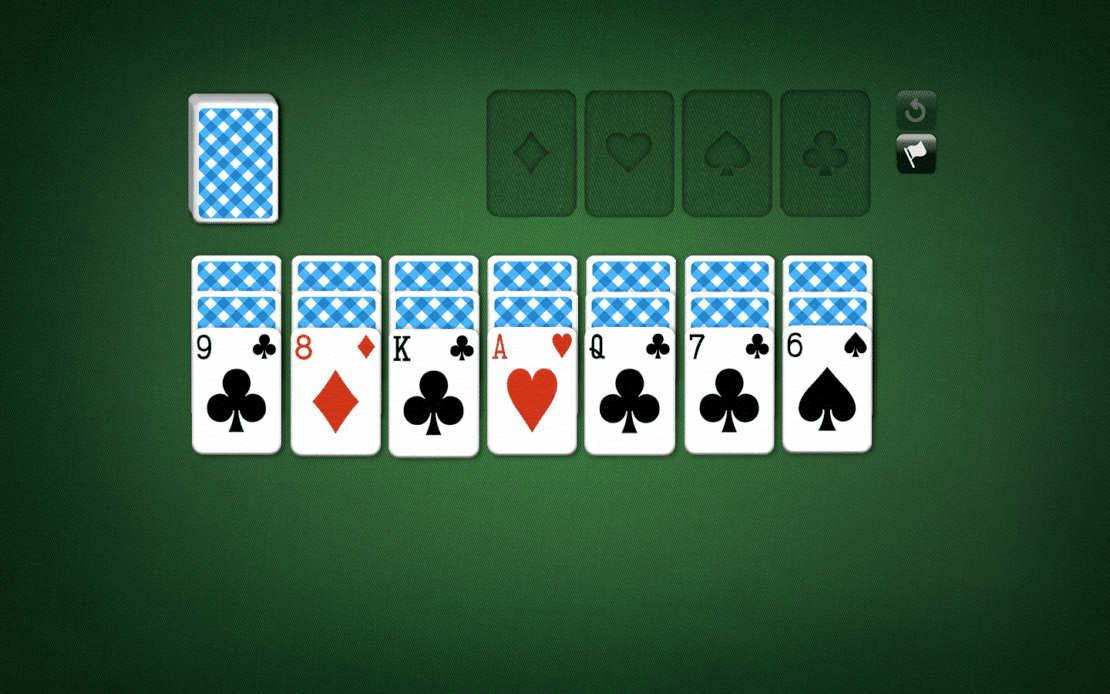
That means you have fewer cards to reveal, comparing 14 face-down cards in Easthaven to 21 face-down cards in Klondike. You are surely going to be thankful for that simplification in Easthaven.
Stock
In the stock, we are dealing with overlapping differences and similarities: You get to draw cards from the stock anytime you like, both in Klondike Solitaire and Easthaven. It does not matter if the tableau has empty panels or not.
However, Easthaven removes the waste that belongs with the stock in Klondike. Here, you do not flip through the stock card by card, choosing which one to place in the foundation or add to the tableau. Drawing in Easthaven means that each tableau pile receives a card from the stock.
Thus, the distribution of drawn cards is relatively random. That way, you have much less control in the game, which makes it even more important to plan your moves well and tap the full potential of your opportunities.
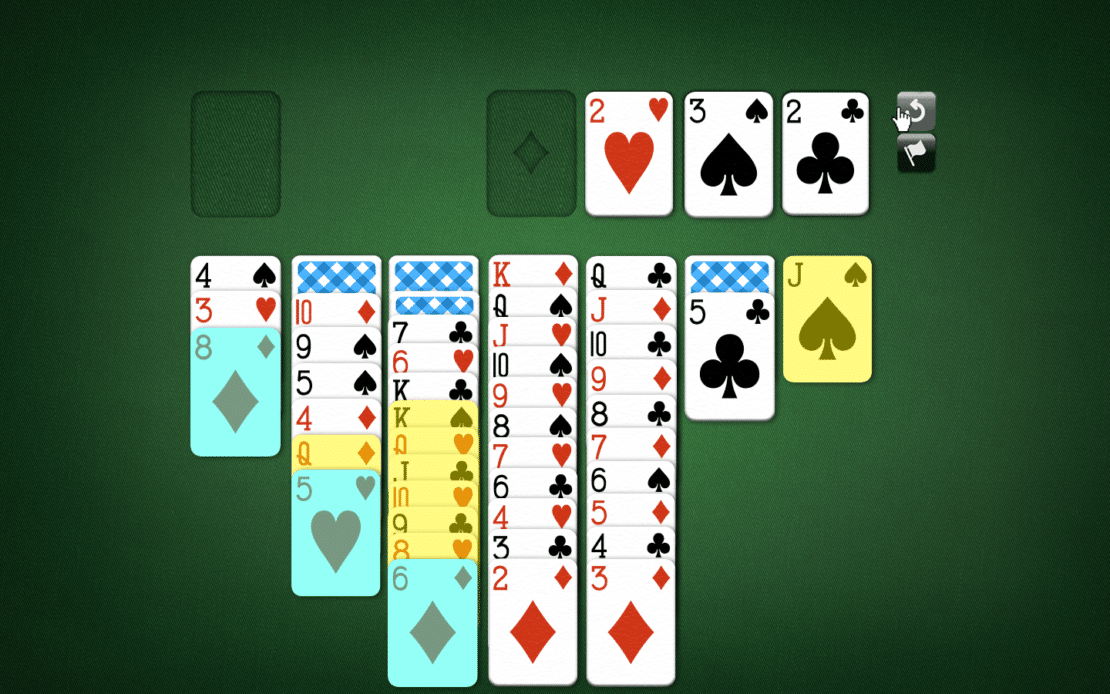
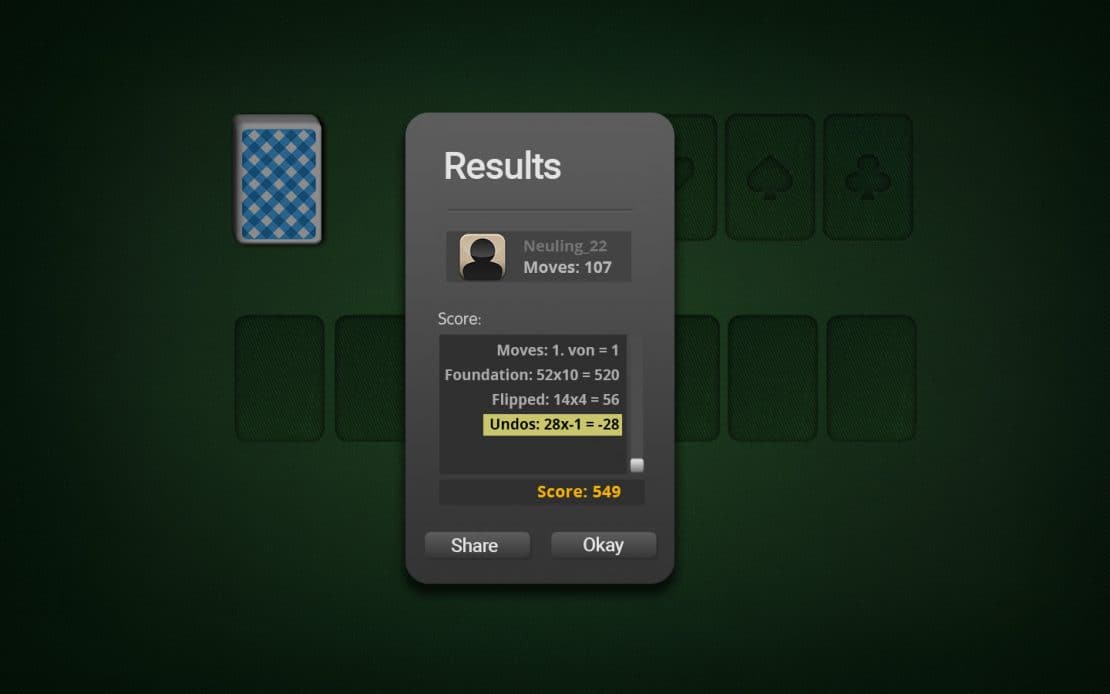
The result is an overall trickier game, and you will probably use the undo button more often to solve the game. Naturally, some setups cannot be solved under this rule set. In that case, you can give up the game to not waste any moves, especially in multiplayer mode. Of course, we compensate for the increased challenge of Easthaven with increased scores at the Solitaire Palace!
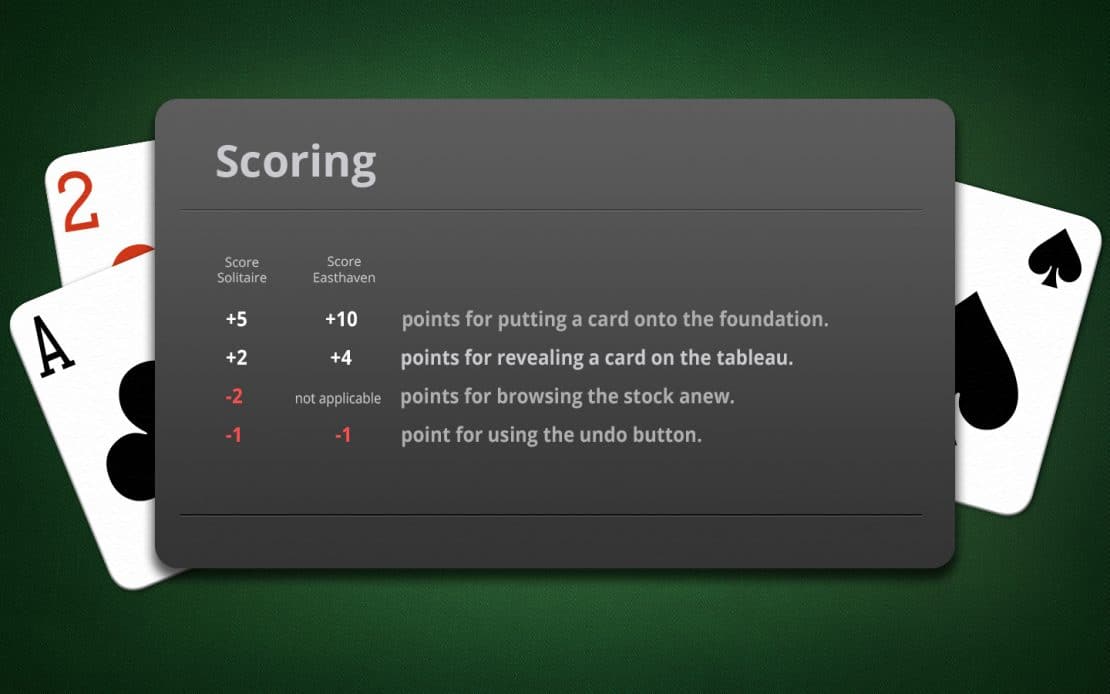
If you want a short and sweet overview, it is waiting for you in our Solitaire manual.
With only a few modifications, a solitaire game posing a new challenge emerges. Are you ready for this headscratcher? Then select a table with the custom rule Easthaven at your next visit to the Solitaire Palace and get your brain into gear! If you would rather find out more about Klondike Solitaire, you will find all you need at the Solitaire School.
